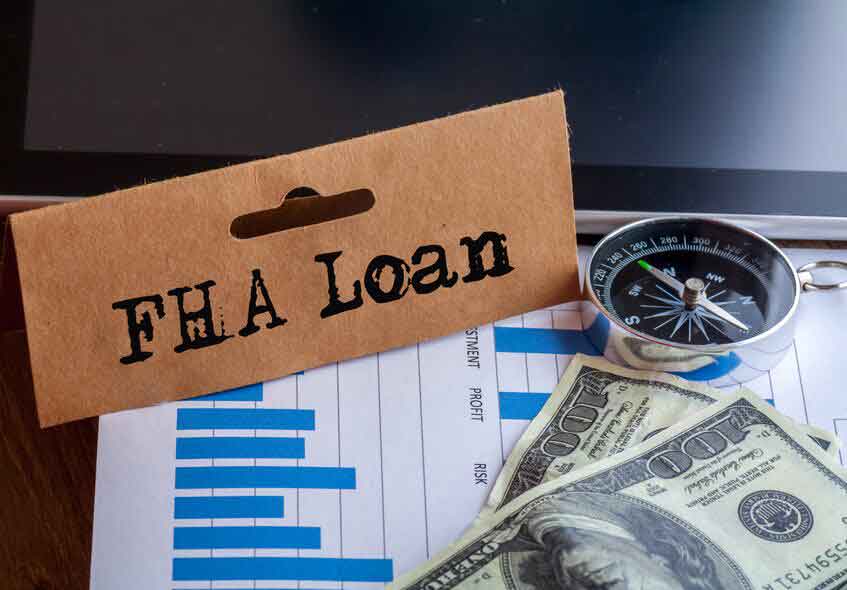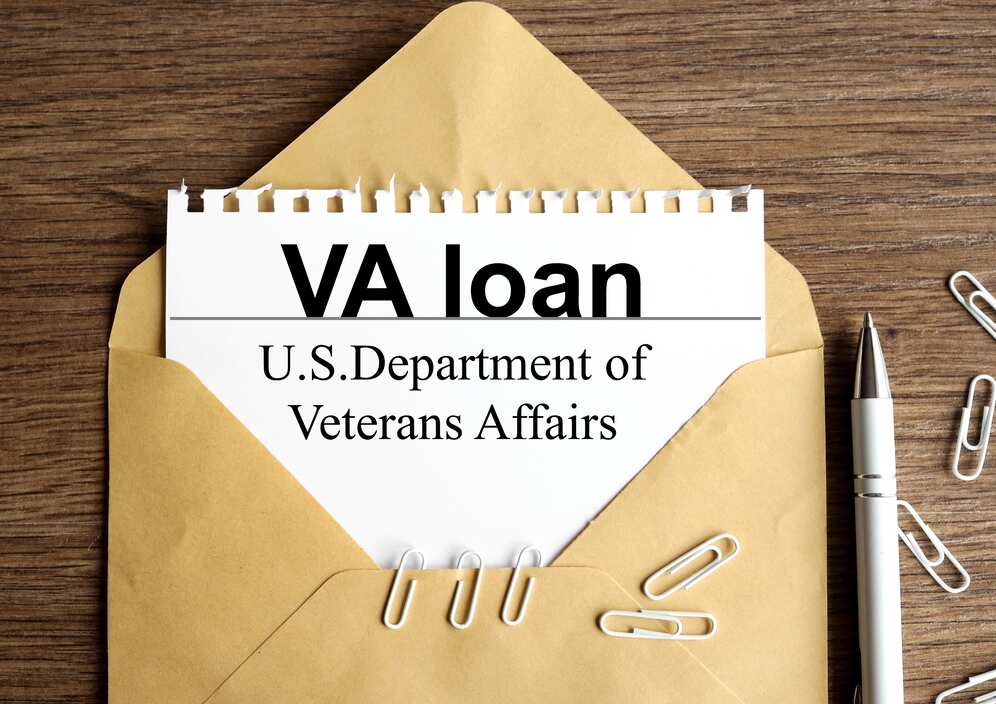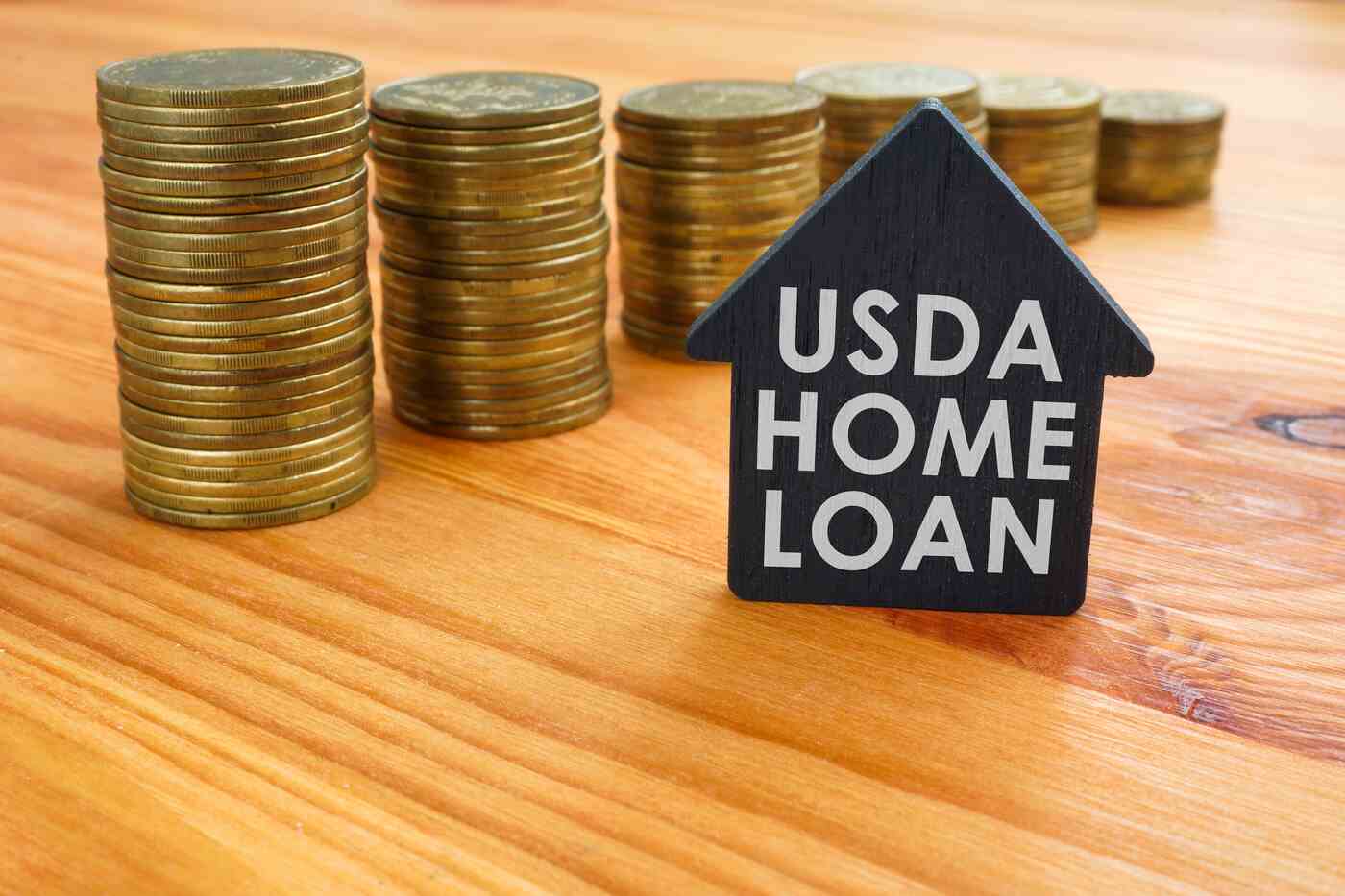
Government-backed
Loans
Government Support, Personal Success: Securing Your Mortgage Through Government-Backed Loans
A brighter future starts here!
The Royal Commitment: Empower your home purchase with Government Loans. Unlock your dream home today!
Welcome to the world of government-backed home loans. If you’re a potential homebuyer, you may have heard of this type of loan but couldn’t quite grasp what it means. Well, look no further because we’re here to give you a high-level overview of everything you need to know.
What are government-backed Loans?
Simply put, a government backed mortgage loan is a mortgage that is guaranteed by a federal agency. These agencies, including the Federal Housing Administration (FHA) , the U.S. Department of Veterans Affairs (VA) , and the U.S. Department of Agriculture (USDA) , provide support for lenders to encourage them to offer more affordable home loan options to individuals who may not qualify for traditional mortgages.
The Three Main Types Government Backed Loans
There are three main types of government-backed mortgage loans: FHA loans, VA loans, and USDA loans. Each type has its own unique features and benefits, but they all share the primary goal of making homeownership more accessible and affordable.
Federal Housing Administration Loans (FHA)

FHA Loans are Loans insured by the Federal Housing Administration, are a popular choice for first-time homebuyers. These loans require a minimal down payment of just 3.5% and have flexible credit requirements. They also have a higher debt-to-income ratio, opening up the possibility for a larger loan amount.
Veterans Affairs Loans (VA- COMING SOON)

VA Loans are loans guaranteed by the Department of Veterans Affairs and are available to eligible active duty service members, veterans, and surviving spouses. These loans often come with competitive interest rates and do not require a down payment. They also have no private mortgage insurance requirement, making them an attractive option for qualified borrowers.
United States Department of Agriculture Loans (USDA)

USDA Loans are backed by the U.S. Department of Agriculture, are specifically designed for low to moderate-income families living in rural areas. These loans have no down payment requirement and offer low-interest rates, making them an excellent choice for first-time homebuyers in rural communities.
High-level Mortgage requirements
One of the most significant advantages of government-backed mortgage loans is the relaxed eligibility requirements . While traditional mortgages often require a high credit score and a substantial down payment,
government-backed loans tend to have more lenient criteria.
For example: FHA loans only require a credit score of 580 with a 3.5% down payment.
VA loans do not require a down payment at all, making homeownership more accessible for veterans and active military members.
Loan Limits and restrictions
Although government-backed mortgage loans have more relaxed requirements than traditional mortgages, there are still limits and restrictions to keep in mind.
For example: there is typically a cap on the loan amount, which means you may not be able to finance a high-priced home with this type of loan. Additionally, these loans often have stricter appraisal and inspection guidelines, aiming to ensure the property is worth the loan amount.
Pros of government-backed Loans
Government-backed mortgage loans offer many benefits, especially for those who may not qualify for traditional mortgages.
One of the main benefits of a government-backed mortgage loan is the low down payment requirement. This makes it easier for individuals who may not have a large sum of upfront cash to purchase a home.
For example: While traditional home loans may require a down payment of up to 20%, government-backed loans can often be obtained with a down payment as low as 3.5%.
Additionally, government-backed loans are available to a wide range of borrowers, making homeownership more accessible and achievable for those who may not qualify for a traditional loan.
Borrowers Include
first-time homebuyers, low to moderate-income individuals, and those with less-than-perfect credit.
Cons of government-backed mortgage
As with any loan, there are also cons to consider when it comes to government-backed mortgages. One of the most significant drawbacks is the mortgage insurance premiums, which can increase your monthly payments. Additionally, these loans often come with stricter appraisal and inspection guidelines, which can be challenging to navigate for certain properties. Lastly, if your credit score is below the minimum requirement, you may need to put down a more substantial down payment, reducing the affordability factor of the loan.
Who should apply
Government-backed mortgage loans are ideal for those with a lower credit score or a limited down payment. If you fall into this category, this type of loan can be a game-changer for achieving your dream of homeownership. Additionally, if you’re a veteran or an active military member , VA loans are an excellent option, with some of the most significant benefits and rewards for your service.
Who should not apply
While government-backed mortgage loans offer many advantages, there are certain situations where this type of loan may not be the best option.
For example:
if you have a high credit score and significant savings for a down payment, a traditional mortgage may offer more favorable terms and interest rates.
It’s always best to speak with a home loan specialist to determine which option is best for your unique financial situation.
Additional Things to Consider & Loan Tips
before applying for a government-backed mortgage, there are some additional considerations to keep in mind. Borrowers should be aware of potential fees, mortgage insurance requirements, and the eligibility criteria for each type of loan. Here are some tips to help make the loan application process smoother: carefully review your credit score, gather necessary documentation, and work with a reputable lender. With government-backed mortgages, navigating the home buying process can be more accessible and affordable for those who qualify.
- Potential Fees: When considering a government-backed mortgage, it’s important to keep in mind that there may be additional fees associated with the loan. These fees can include origination fees, appraisal fees, and closing costs. It’s essential to carefully review and understand these fees before submitting a loan application. In some cases, borrowers may be able to negotiate or shop around for lower fees, so it’s important to do your research and compare offers from different lenders.
- Eligibility Criteria: Each government-backed mortgage program has specific eligibility criteria that borrowers must meet in order to qualify for a loan. These criteria can include credit score requirements, income limits, and property types. For example, FHA loans have a minimum credit score requirement of 580, while VA loans do not have a specific credit score requirement, but borrowers must still meet certain credit and income standards. It’s important to carefully review the eligibility criteria for the program you are interested in to determine if you qualify.
- Review Your Credit Score: Before applying for any type of mortgage, it’s important to review your credit score and make sure it is in good standing. This is especially important for government-backed mortgages, as they may have stricter credit score requirements than traditional loans. If your credit score is lower than the minimum requirement, you may need to work on improving it before applying for a government-backed mortgage.
- Gather Necessary Documentation: The application process for a government-backed mortgage will require you to provide various documents, such as pay stubs, tax returns, and bank statements. It’s important to gather these documents beforehand and have them readily available to speed up the application process. It’s also important to make sure these documents are up-to-date and accurate to avoid any delays or issues with your application.
- Work with a Reputable Lender: When applying for a government-backed mortgage, it’s crucial to work with a reputable lender. This could be a bank, credit union, or mortgage lender that is approved to offer government-backed loans. Working with a reputable lender can help ensure that you receive accurate information about the loan program and that your loan is processed efficiently. It’s important to do your research and read reviews to find a lender that is right for you.
In Summary
Government loans are an excellent option for many prospective homebuyers. With relaxed eligibility requirements,lower down payment options, and lower interest rates, these loans can help make the dream of homeownership a reality. However, it’s essential to consider the restrictions and cons of these loans to determine if it’s the right fit for you.
Learn More
If you’d like to learn more about Government Backed Mortgage loans or to see if you qualify, we recommend speaking with a mortgage specialist or checking out the external links below for additional information.
Mortgage Rate Trends:
A Historical Analysis
Unlock the Power of Numbers
Start Pre-Approval Application More on credit, LTV and Rate Trends
Advanced Mortgage Calculator
Get Pre-Qualified
Fill out our Pre-Qualification Survey to view your mortgage options
[bitform id='26' ]Here, Your Mortgage possibilities are endless!

Down Payment
Assistance 
Down Payment Assistance Programs
Get Up To 100% Financing For Your Home!
Visit Our Page

First-Time
Homebuyers 
First Time Homebuyer Mortgage Programs
If you are buying a home for the first time, you have come to the right place.
Visit Our Page

